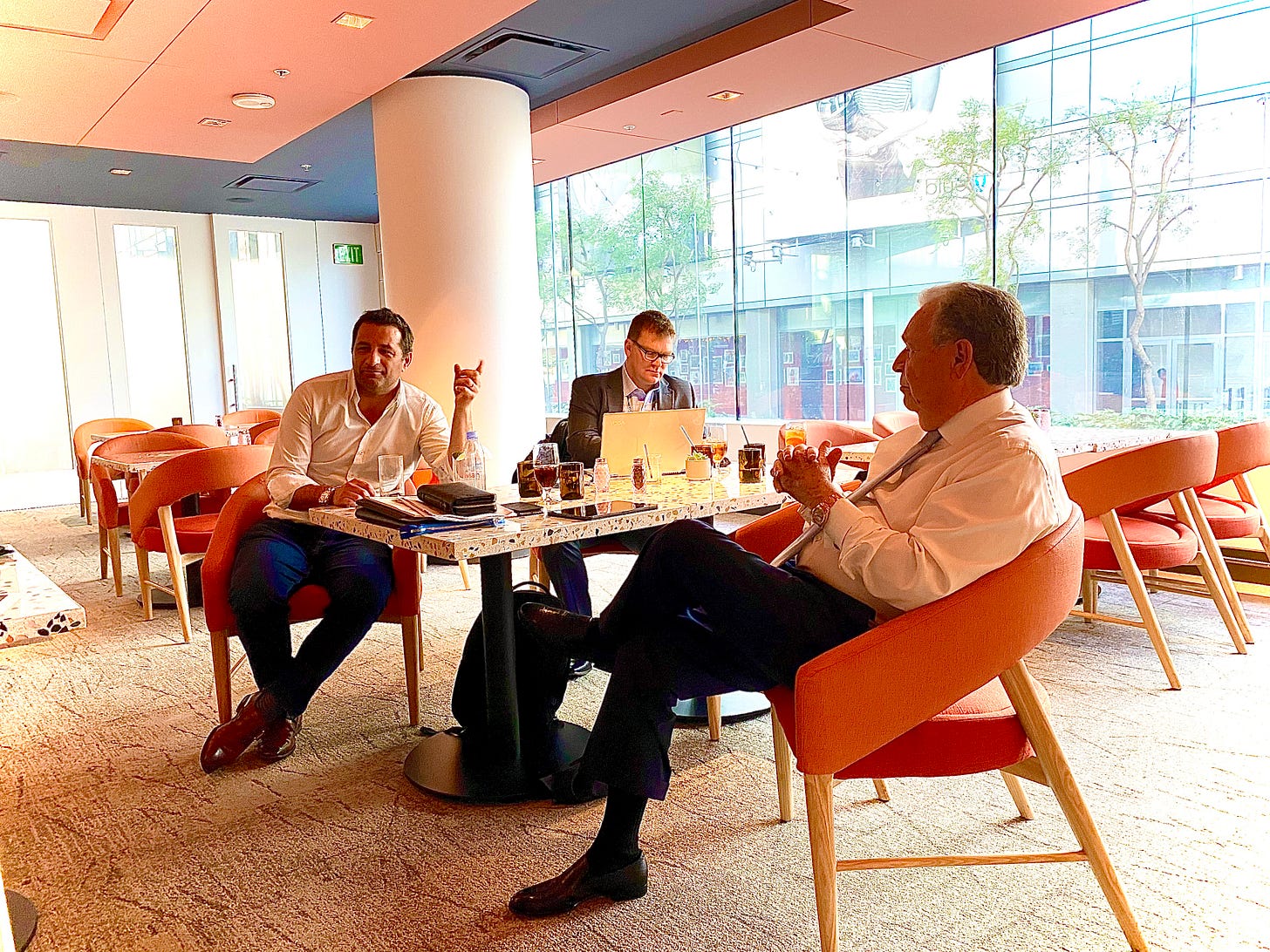Finding Home in 2025: Carlos Alexandre Rozwadowski helps you prepare
A Friendly, Practical Guide to Buying with Confidence
Buying a home today can feel overwhelming; listings can appear and vanish in a flash, and each buyer’s priorities have evolved.
Yet with thoughtful preparation and a clear sense of what matters most, this journey becomes less stressful and more rewarding. Carlos Alexandre Rozwadowski here to offer down-to-earth advice to help prospective homeowners take each step with confidence and clarity.
Building a Solid Financial Foundation
Before browsing listings or imagining furniture layouts, be intentional about money matters. A sturdy financial base helps secure favorable loan terms and brings peace of mind when unexpected expenses arise.
Credit Check and Cleanup
Pull your credit reports early and look for errors or old balances you can clear. A healthier credit profile usually translates into better mortgage offers. If something needs attention, address it sooner rather than later.Budget with Realism
List your monthly expenses and savings goals to see how much you can comfortably allocate toward housing. Factor in everyday living costs, debt obligations, and extracurricular expenses—don’t overlook the little things. Aim for a mortgage payment that feels sustainable, even if rates shift slightly.Down Payment and Reserves
Decide what balance between saving time and minimizing monthly costs makes sense for you. Beyond the down payment, keep an emergency fund covering a few months of living expenses so that repairs or life changes don’t become a crisis.
Clarifying Needs and Long-Term Goals
Homes are more than structures; they must suit daily routines and future plans. Take time to reflect on what truly matters:
Start with a straightforward list of essentials versus nice-to-haves. Consider questions like:
How many bedrooms or dedicated workspaces are needed now and in the foreseeable future?
Is outdoor space important for hobbies, pets, or family gatherings?
What layout features matter most—open-concept living, separate office nook, or multigenerational accommodations?
Which community characteristics align with your lifestyle: walkability, school options, transit access, or proximity to family and friends?
Write down these reflections in simple bullet points or brief journal-style entries. When touring homes, refer back to this list to stay focused on what aligns with your needs rather than chasing superficial features.
Equally, think about how long you might stay: if plans include growing a family, caring for relatives, or remote-work arrangements, aim for flexibility in the floorplan or room configurations. Even if the stay is likely shorter, choosing a home in an area with steady demand can support resale down the road.
Researching Neighborhoods: Balance Data and Firsthand Impressions
Deciding where to buy can be as important as what to buy. A methodical yet curious approach helps:
Digital Tools and Local Insight
Use online resources for school ratings, commute times, and development plans. But complement digital data with real-world visits: drive or walk through neighborhoods at various times, pop into cafés or parks, and strike up brief conversations with locals when possible. This blend creates a richer, more authentic sense of place.Virtual vs. In-Person Tours
Virtual walkthroughs serve as an effective first filter, saving time on properties that clearly don’t fit. Yet nothing replaces seeing the home in person: light quality, room flow, noise levels, and neighborhood ambiance are hard to judge virtually.Partnering with an Agent
An agent familiar with the local market can guide you to upcoming listings, advise on offer strategy, and interpret subtle signals in seller motivations. Interview a couple of agents to find someone whose communication style and values resonate with you.
Sustaining Value and Enjoyment
Owning a home extends far beyond signing papers. Thoughtful habits preserve its condition and your peace of mind:
Routine Maintenance
Create a simple schedule: seasonal HVAC checks, gutter cleaning, roof inspections, and lawn or garden care. Regular upkeep prevents small issues from ballooning into costly repairs.Financial Check-Ins
Keep an eye on interest-rate trends: if rates dip significantly in the future, refinancing might make sense. Balance any renovations or upgrades against long-term equity: prioritize improvements that enhance comfort and efficiency without overextending.Community Engagement
Investing time in local events or neighborhood groups builds connections that enrich daily life. Awareness of new infrastructure projects or zoning changes helps you anticipate shifts that could affect your property’s value or lifestyle quality. The same goes for agents; the community is what matters the most.Adaptive Mindset
Life evolves: job changes, family growth, or shifting priorities might prompt re-evaluation of your housing needs. By staying attuned to both market signals and personal goals, you can make proactive decisions—whether that means staying put, renovating, or exploring a next move.
A Handy Summary for Your Homebuying Journey
Financial Prep: Check credit, map expenses, save for down payment and reserves, obtain preapproval.
Define Priorities: Distinguish non-negotiables from nice-to-haves; consider both current routines and future plans.
Neighborhood Research: Blend online data with in-person visits, set flexible alerts, and collaborate with a local agent; this is how you’ll find the hidden gems.
Post-Move Care: Establish maintenance routines, monitor refinancing or resale opportunities, and nurture community ties.
Final Thoughts
Buying a home in 2025 invites both practical challenges and rewarding milestones. Embrace a balanced approach—grounded in preparation, honest self-reflection, and collaboration with trusted professionals—and transform the process from a source of stress into an empowering journey.
Here’s to stepping confidently toward homeownership and making the place you choose truly your own!





